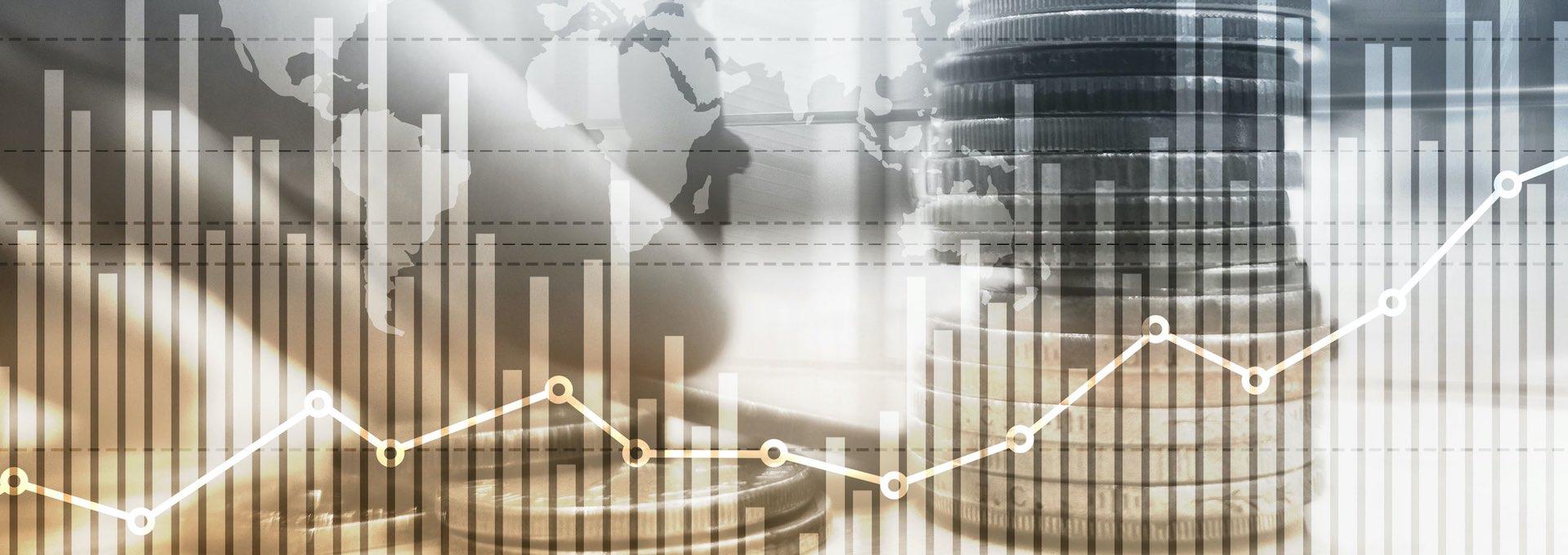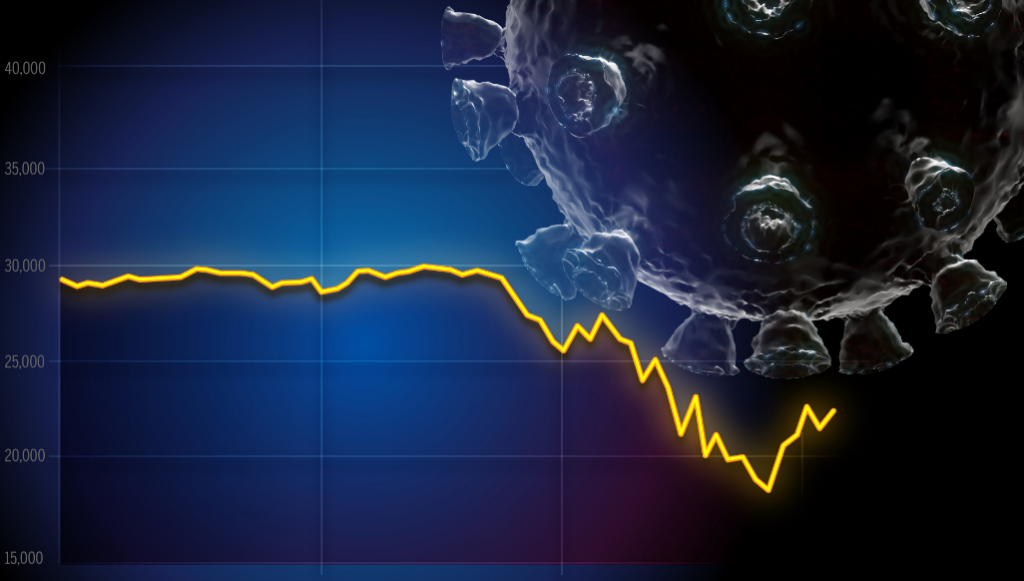Looking for economic recovery After a recession, when a country’s economy extends for two or more quarters in a row, it is called economic recovery. As recovery continues, the economic cycle is defined as being in the time of success. It is crucial to realise that growth is measured compared to the last time it was estimated.
Economic Recovery:
That’s why years of success are not years of economic stagnation. During victory, the economy gets stronger day by day. Everyone asks a question: why does the economy not seem to be growing? You should read this article, to get your answer to this question.
The global digital economy is expanding at a fast pace. It is the single most significant engine of innovation, competitiveness, and growth, and it has enormous promise for entrepreneurs and small and medium-sized businesses.
Indubitably, it gets worse all the time when it is in recession time, and the economy gets better when it is in victory. Just like flourishing times are times of continuous improvement, recessions are times of intensifying negative growth. If the growth rate of the first quarter of any year was -3%, then it means the economy contracted 3% of its total output compared to the quarter that will end on December 31 of the preceding year.
So, even if the economy were to increase at .5% during the next quarter, it would still be a much slower economic time than it had been in the past six months. In simple words, the economy must increase at 3% to be equal to the time it had slowed at a rate of -3%.
When we take this into account when we examine what transpired previous to the first signs of growth in 2010, we can see that the economy has yet to achieve its potential before the 2008 recession. It is extremely rare in terms of recovery. Typically, a recession will drag the country down at a rate of -6 to -9 per cent until it is over.
In the first quarter following a recession, it generally rises by a healthy 6% or so. In other words, the earliest signs of recovery typically go a long way toward wiping away the recession that preceded it. Unfortunately, this recovery has not accomplished this. When seen in this light, one may argue that the current recovery isn’t truly a recovery at all.
Many people believe that too much government intervention, such as the stimulus package, has hindered our economic recovery. Furthermore, they claim that when left to its own devices, a capitalistic economy will have ebbs and flows and that when the government steps in to attempt to squash a recession, it typically does not slow it down very much, but it always appears to dampen the subsequent boom. For more information visit our Website.


